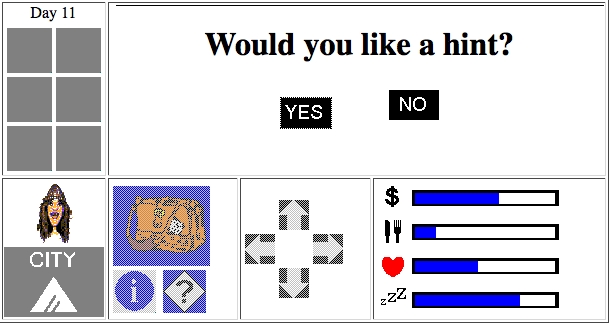Much of intelligent tutoring system (ITS) work focuses on creating deep domain models of a particular task, creating essentially an expert system, and then coaching students as they navigate that domain. Valerie Shute and Jeffrey Bonar did something different a number of years ago, building a tutoring model/system that tutored your exploration and experimentation strategies and layered that same model on top of exploratory environments for optics, electric circuits, and economics.
I always thought you could do the same in a game environment. That is, if you had a game  framework that you built games in, with structured representations such as definable maps and actions that could be taken, you could similarly coach learning/research skills instead of the domain. It’s about looking at how people explore and trial things. I even tried to get funding to build it, but sadly wasn’t successful for whatever reason (probably several reasons). We did build a coaching engine into Quest that followed the principles, checking your search, not your domain knowledge (as well as monitoring your levels to give hints), so I knew the approach was viable.
framework that you built games in, with structured representations such as definable maps and actions that could be taken, you could similarly coach learning/research skills instead of the domain. It’s about looking at how people explore and trial things. I even tried to get funding to build it, but sadly wasn’t successful for whatever reason (probably several reasons). We did build a coaching engine into Quest that followed the principles, checking your search, not your domain knowledge (as well as monitoring your levels to give hints), so I knew the approach was viable.
Yesterday, I saw that they were putting ads into video games, and was reminded that we now have the game environments (e.g. Unreal engine) with generic structure to not only to take live feeds into games, but sufficiently generic that a coaching engine could be added. It’s doable. It’s far more interesting than putting ads in games! Who’s, ahem, game?
